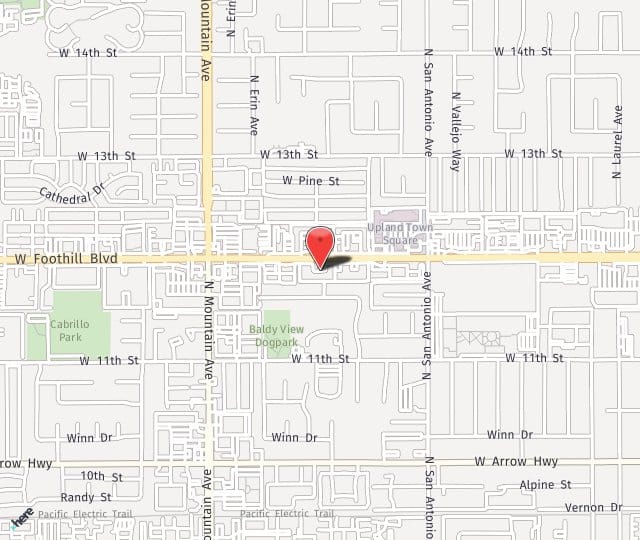Understanding Vein Mapping: A Key
If you’ve been dealing with discomfort from varicose veins, you might have heard about something called vein mapping. It’s an essential tool in diagnosing and treating various vein conditions, including varicose veins, and I wanted to take a moment to explain what it’s all about and why it might be recommended for you. Fill out […]
Understanding Vein Mapping: A Key Read More »

